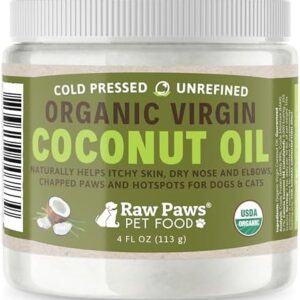
When it comes to cats, the Persian breed is often thought of as one of the most regal and graceful. With their long, flowing fur and striking features, it’s easy to see why they are so popular among cat lovers. But what exactly sets the Persian cat apart from other breeds, and what specific needs do they have?
First and foremost, the Persian cat’s most defining characteristic is their beautiful coat. Their long, fluffy fur requires regular grooming to prevent matting and tangles. This means daily brushing and occasional baths are a must to keep their coat in top condition. In addition, due to their flat faces, Persians can also be prone to eye discharge, which may need to be cleaned regularly.
Another important aspect of caring for a Persian cat is their diet. Because of their unique facial structure, Persians can be more prone to dental issues, so it’s essential to provide them with dental-friendly dry food and treats to help maintain their oral health. Additionally, Persians have a tendency to gain weight easily, so it’s crucial to monitor their food intake and avoid overfeeding.
In terms of exercise, Persian cats are not known for their high energy levels. They are typically more laid back and enjoy lounging around the house rather than engaging in vigorous play. However, it’s still important to provide them with opportunities for moderate exercise, such as interactive toys or a climbing tree, to help keep them healthy and active.
When it comes to personality, Persian cats are known for their calm and gentle nature. They are affectionate and enjoy spending time with their human companions, but they can also be a bit independent at times. Some Persians may be more reserved or shy, so it’s important to provide them with a safe and comfortable space where they can retreat when they need some alone time.
In terms of grooming, Persian cats require a bit more attention than other breeds. Their long fur can easily become tangled and matted, so regular brushing is essential to keep their coat looking its best. In addition, Persians are also prone to tear staining, so regularly cleaning their eyes and face is important to prevent any unsightly stains from forming.
Health-wise, Persian cats can be more prone to certain conditions due to their unique physical characteristics. These may include dental issues, respiratory problems, and kidney disease. It’s important to keep a close eye on your Persian cat’s health and schedule regular check-ups with your veterinarian to catch any potential issues early on.
In conclusion, Persian cats are a beautiful and elegant breed with specific needs that require a bit of extra care and attention. From their stunning coat to their gentle temperament, there is no denying the appeal of the Persian cat. By providing them with the proper grooming, diet, exercise, and healthcare, you can ensure that your Persian cat lives a long, healthy, and happy life as a cherished member of your family.






